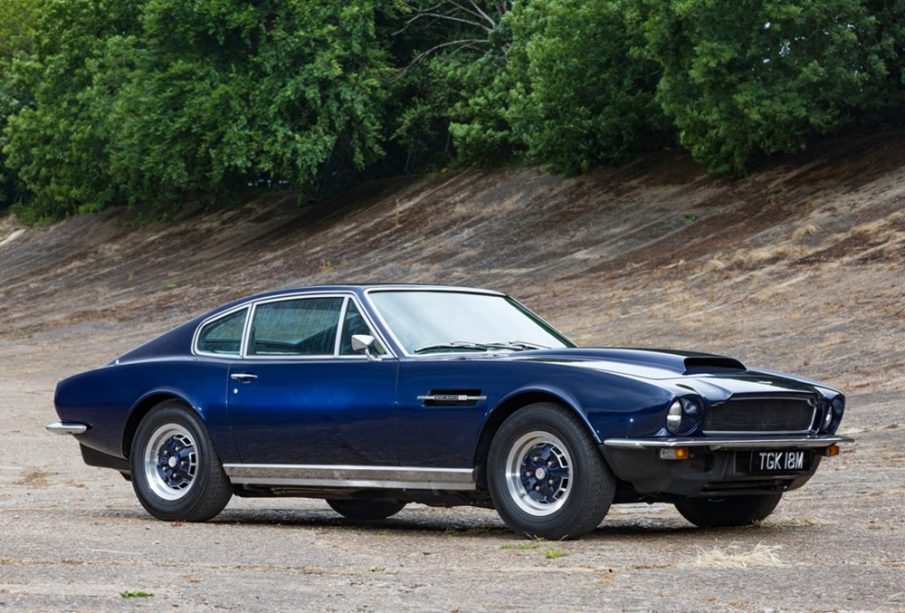The Iconic Legacy and Future of Aston Martin

Introduction
Aston Martin is synonymous with luxury, performance, and exquisite craftsmanship. Founded in 1913, the British car manufacturer has established itself as a global icon in the automotive industry. The brand not only represents high-performance sports cars but also carries a rich heritage that resonates with car enthusiasts and collectors alike. Recently, Aston Martin has been at the forefront of automotive advancements, showcasing innovative designs and sustainable practices that are relevant in today’s environmentally conscious world.
Recent Developments in Aston Martin
In recent months, Aston Martin has made significant strides in enhancing its vehicle lineup and embracing electric vehicle (EV) technology. The introduction of the Aston Martin Valhalla, a hybrid supercar, marks the brand’s commitment to performance without compromising environmental responsibility. This model is expected to reach an impressive 0-60 mph in under three seconds while utilising a combination of a twin-turbocharged V8 engine and electric motors, illustrating a perfect blend of power and efficiency.
Furthermore, Aston Martin has announced plans to invest heavily in their production capabilities and designs over the next decade. Anticipated launches in the upcoming years include the Aston Martin DBX, the brand’s first luxury SUV, which has already garnered positive reviews for its design and driving experience. CEO Lawrence Stroll has stated that the company aims to expand its market share in the luxury segment by enhancing their offerings while maintaining the exclusivity associated with the Aston Martin brand.
The Future of Aston Martin
As Aston Martin shifts toward sustainability, the brand is also exploring hydrogen technology as an alternative fuel source for its vehicles. This aligns with the automotive industry’s gradual transition towards greener solutions, and Aston Martin is taking proactive steps to stay ahead of the curve. The possibility of a fully electric Aston Martin car is on the horizon, with engineers already working on innovative concepts that retain the thrilling performance characteristic of the brand.
Conclusion
The legacy of Aston Martin as a manufacturer of luxury sports cars remains unparalleled, and its current trajectory reflects an understanding of the automotive industry’s evolving landscape. By embracing electric and hybrid technologies, Aston Martin not only holds onto its prestigious image but also prepares to cater to a new generation of eco-conscious consumers. As the brand continues to innovate and expand, it is likely to maintain its status as a leader in the luxury automotive market, ensuring that it will be a topic of interest for enthusiasts and investors alike for many years to come.









